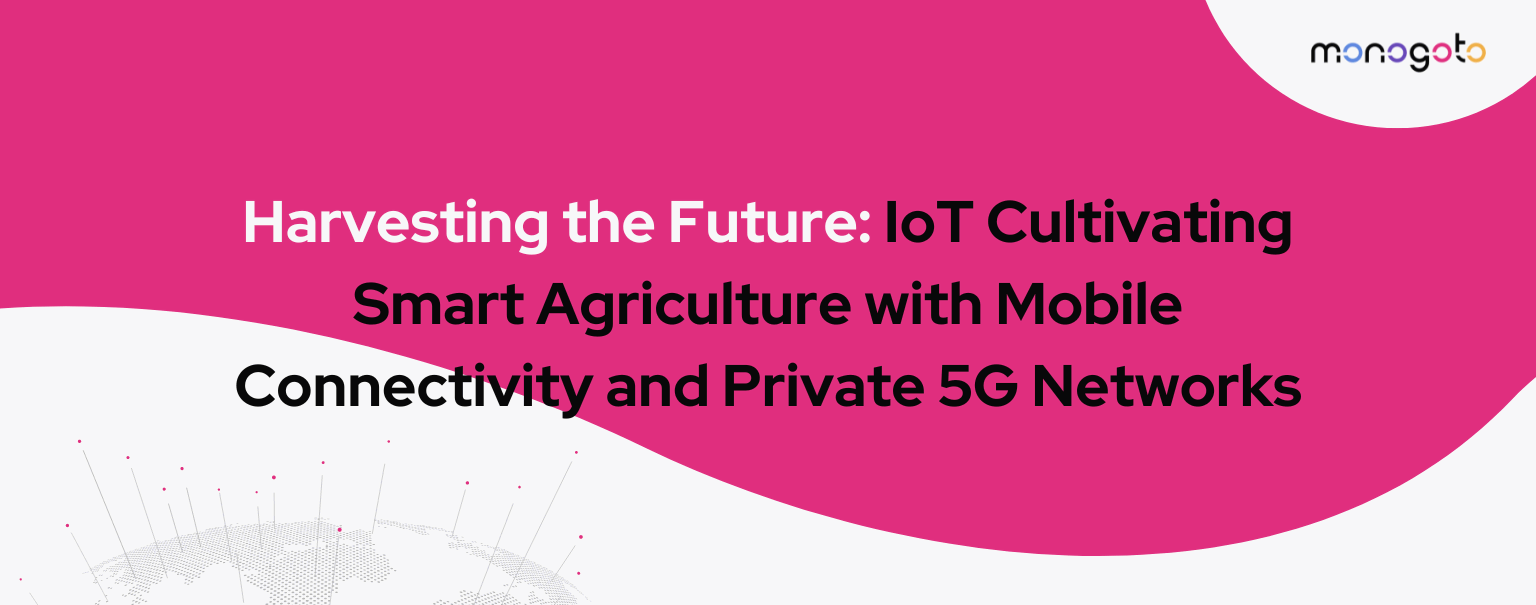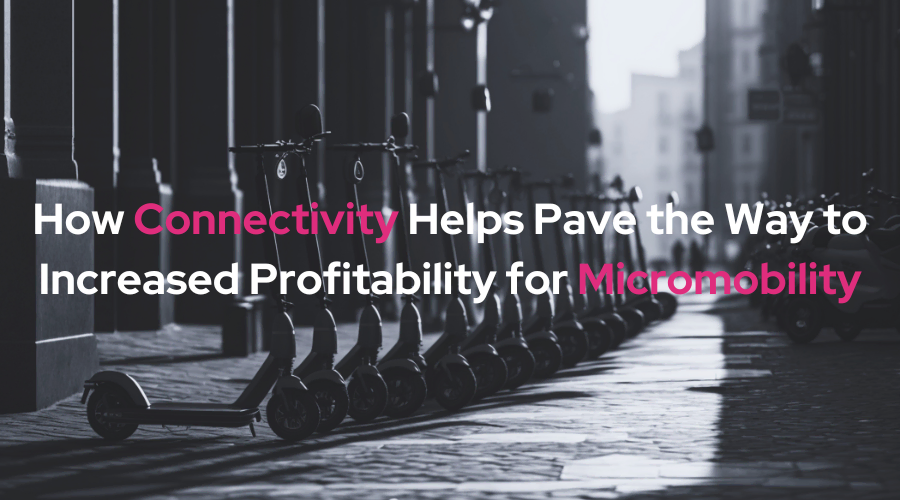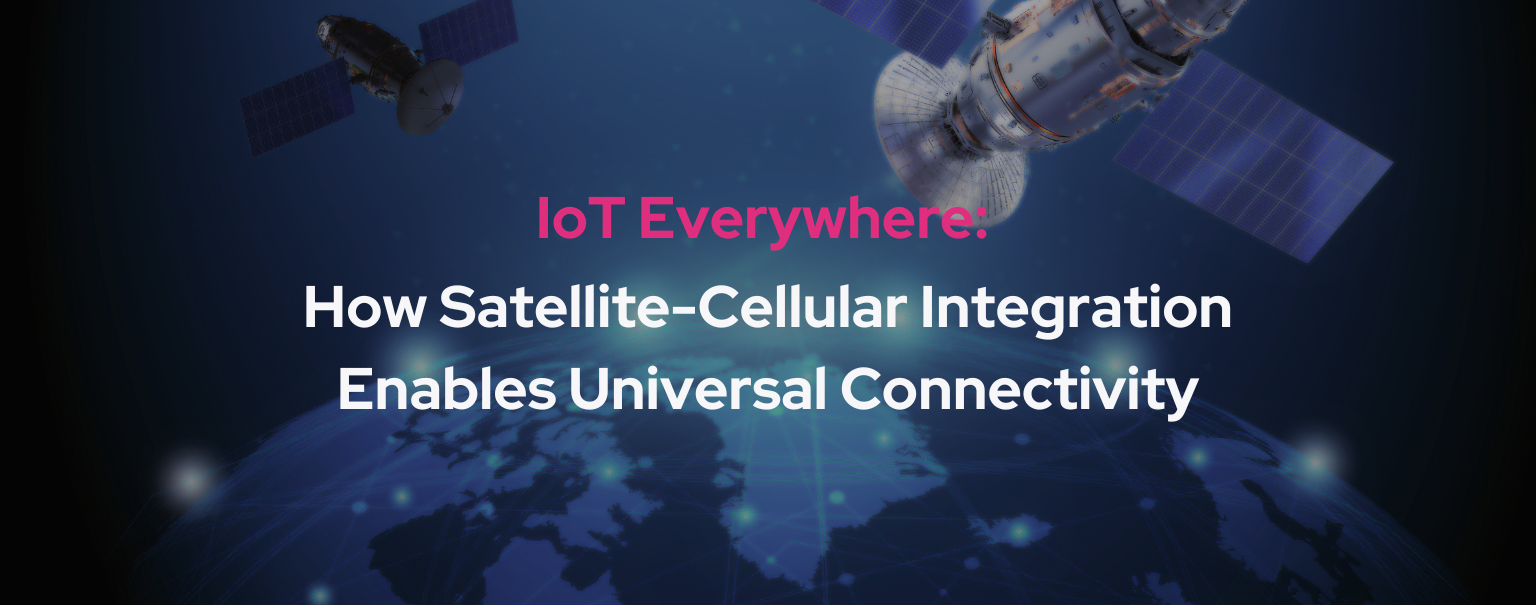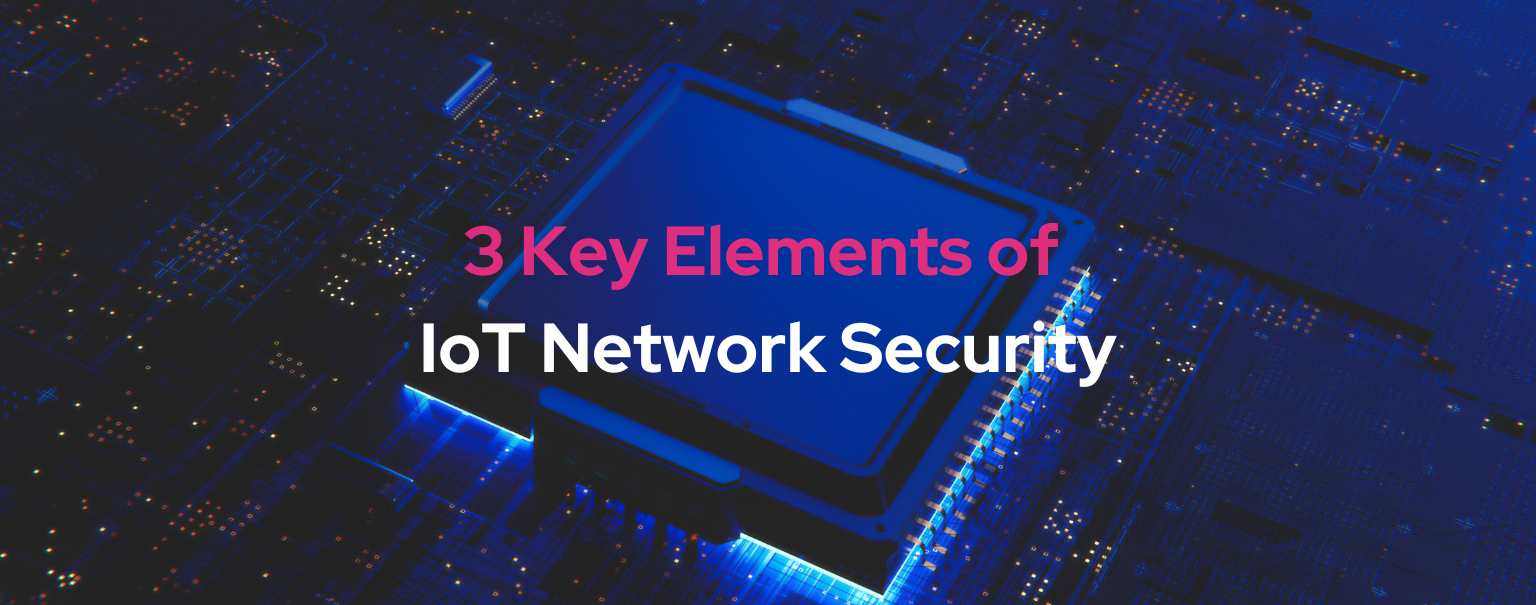In the ever-evolving landscape of agriculture, the integration of technology has proven to be a game-changer. One of the most transformative advancements in recent years is the widespread adoption of the Internet of Things (IoT), which has revolutionized traditional farming practices and given rise to the era of smart agriculture. With a particular focus on harnessing the power of mobile connectivity and private 5G networks, farmers worldwide are now equipped with cutting-edge tools to optimize efficiency, increase yields, and ensure sustainable practices.
The Connected Fields
IoT’s impact on agriculture lies in its ability to interconnect various devices and sensors across farmlands, creating an intelligent network that provides real-time data and insights. Farmers can monitor crucial variables like soil moisture, temperature, and crop health remotely, allowing for timely decision-making and resource allocation. This connectivity is further enhanced by the widespread use of mobile networks, enabling farmers to access critical information on their smartphones or tablets, regardless of their physical location.
Unleashing the Power of 5G
The advent of 5G technology has taken smart agriculture to new heights, providing farmers with faster, more reliable, and low-latency connectivity. Private 5G networks, specifically tailored for individual (and often remote) farms, offer a dedicated and secure communication channel. This ensures that the vast amount of data generated by IoT devices is transmitted seamlessly, facilitating quick response times and reducing the risk of interference.
Precision Farming at its Best
One standout application of IoT in agriculture is precision farming, where data-driven insights enable farmers to optimize resource utilization. With the help of IoT devices, farmers can precisely control irrigation systems, monitor crop growth, and even deploy drones for aerial surveys. The integration of 5G ensures that these devices can communicate in real-time, allowing for swift adjustments based on the evolving conditions of the field.
Sustainable Agriculture Practices
Smart agriculture isn’t just about maximizing yields; it’s also about sustainability. IoT devices enable farmers to implement precision pesticide and fertilizer applications, reducing environmental impact and minimizing waste. The efficiency gains achieved through IoT-driven practices contribute to the overall sustainability of agriculture, aligning with global efforts to address climate change and environmental concerns.
A Global Impact
The impact of IoT-enabled smart agriculture is felt across the globe. From large-scale commercial farms to smallholder operations, the adoption of these technologies is transforming the way food is produced. Developing countries, in particular, stand to benefit as these technologies enhance productivity, reduce risks, and empower farmers with tools that were once only available to their more resource-rich counterparts.
In conclusion, the marriage of IoT and mobile connectivity, amplified by the capabilities of private 5G networks, is reshaping agriculture into a smarter, more efficient, and sustainable industry. As the world grapples with the challenge of feeding a growing population, these technologies provide a beacon of hope, offering farmers the tools they need to navigate the complexities of modern agriculture and cultivate a bountiful future.







